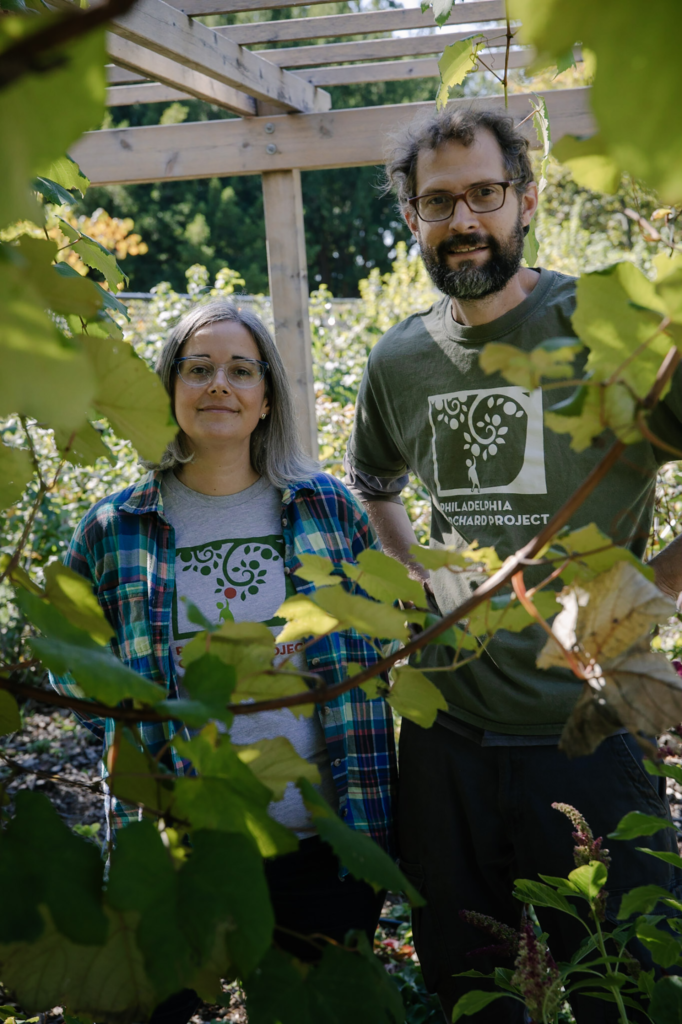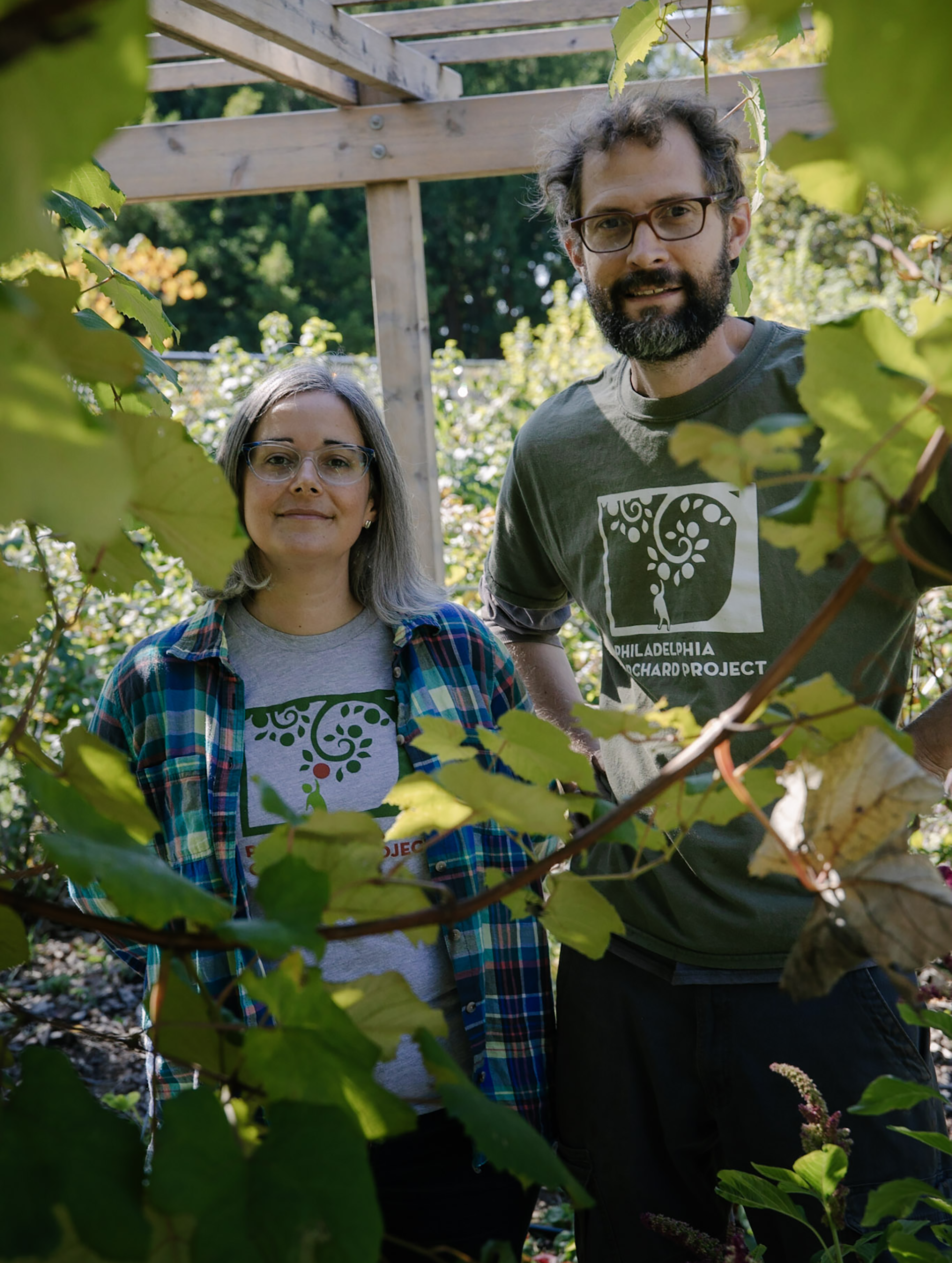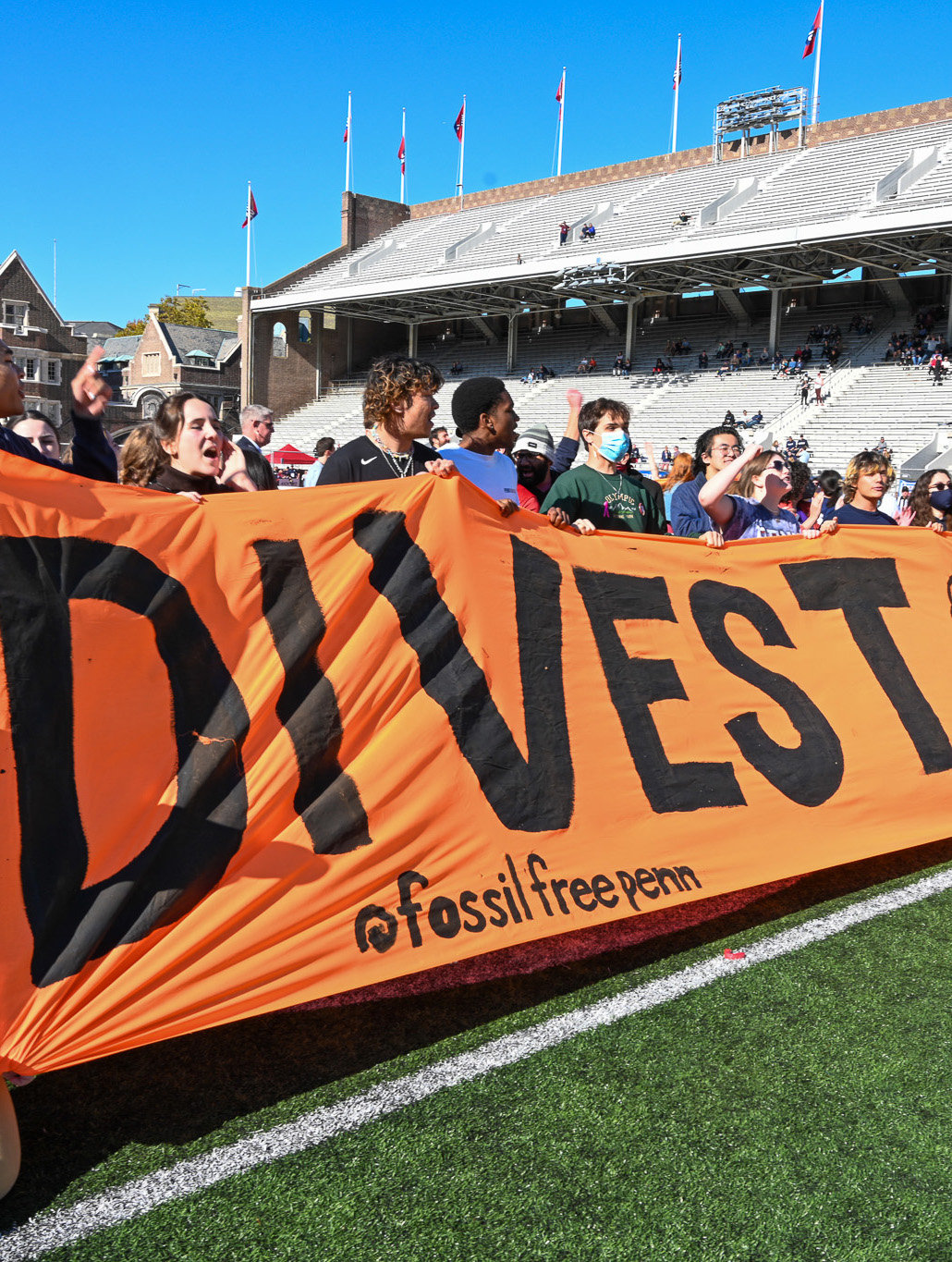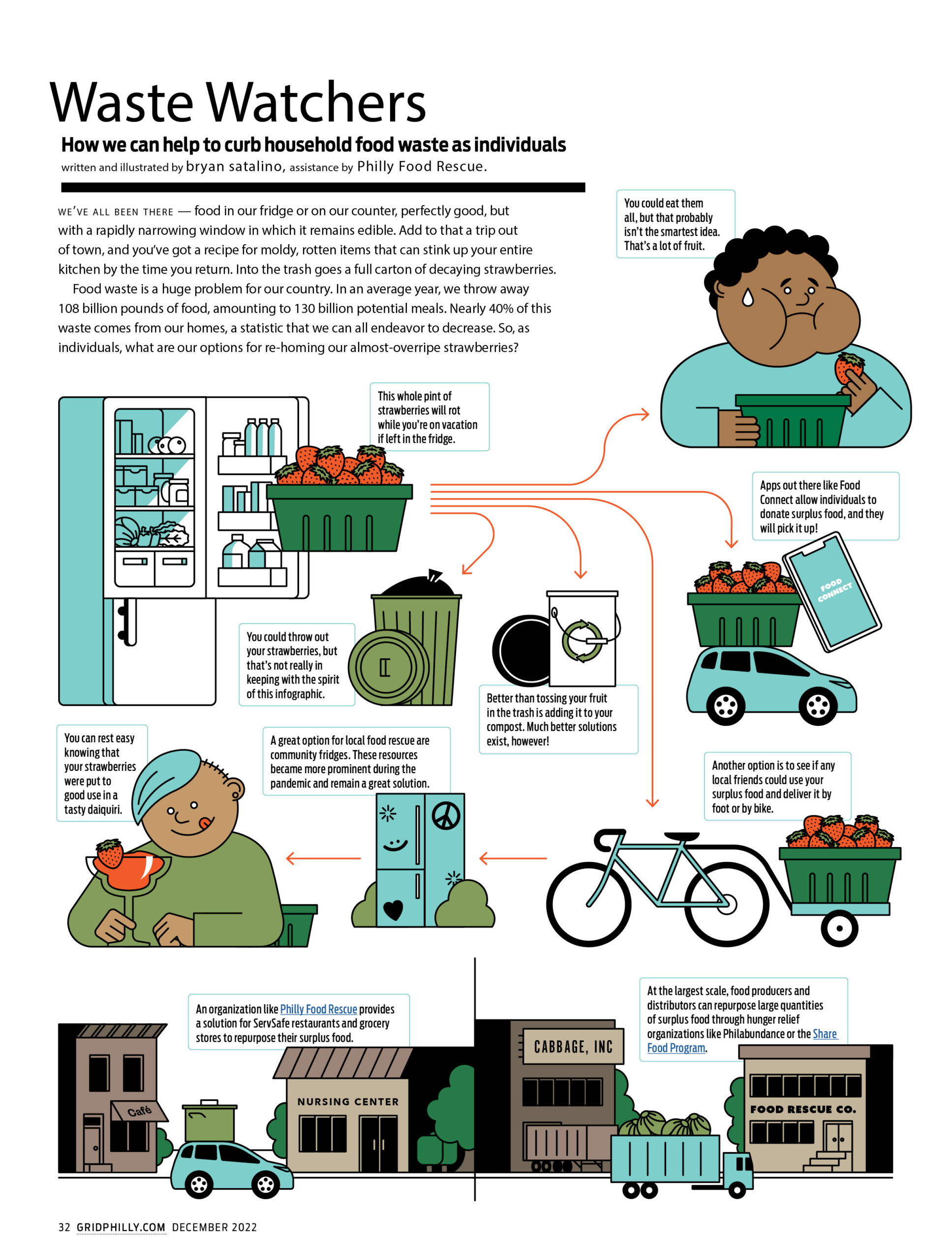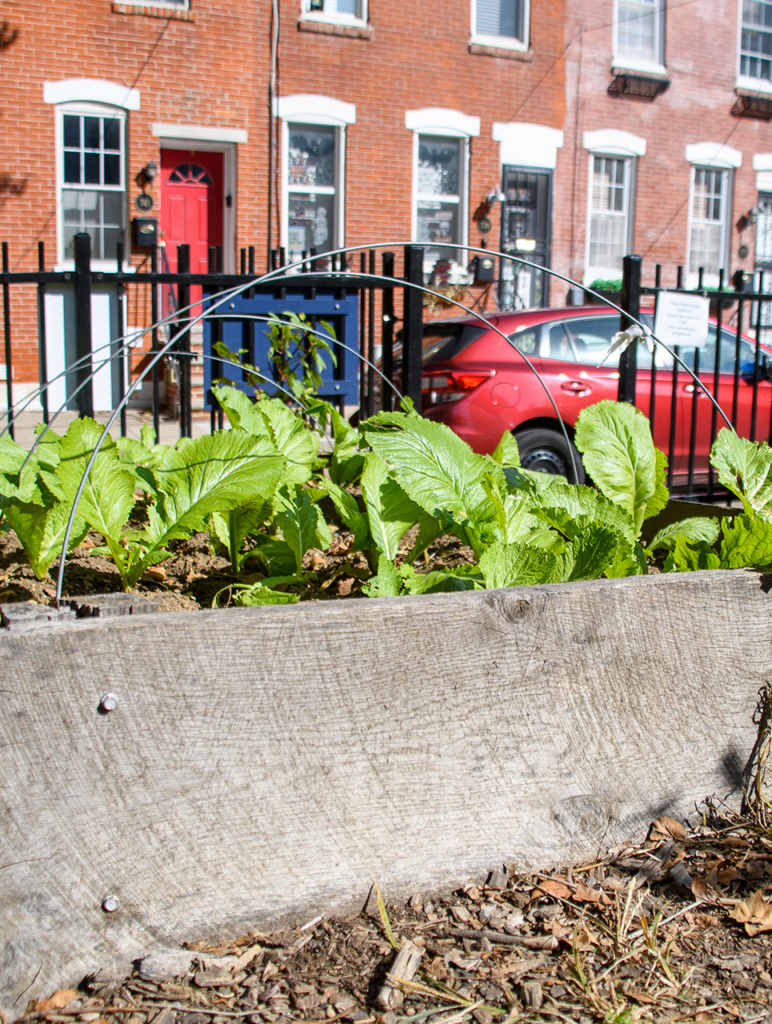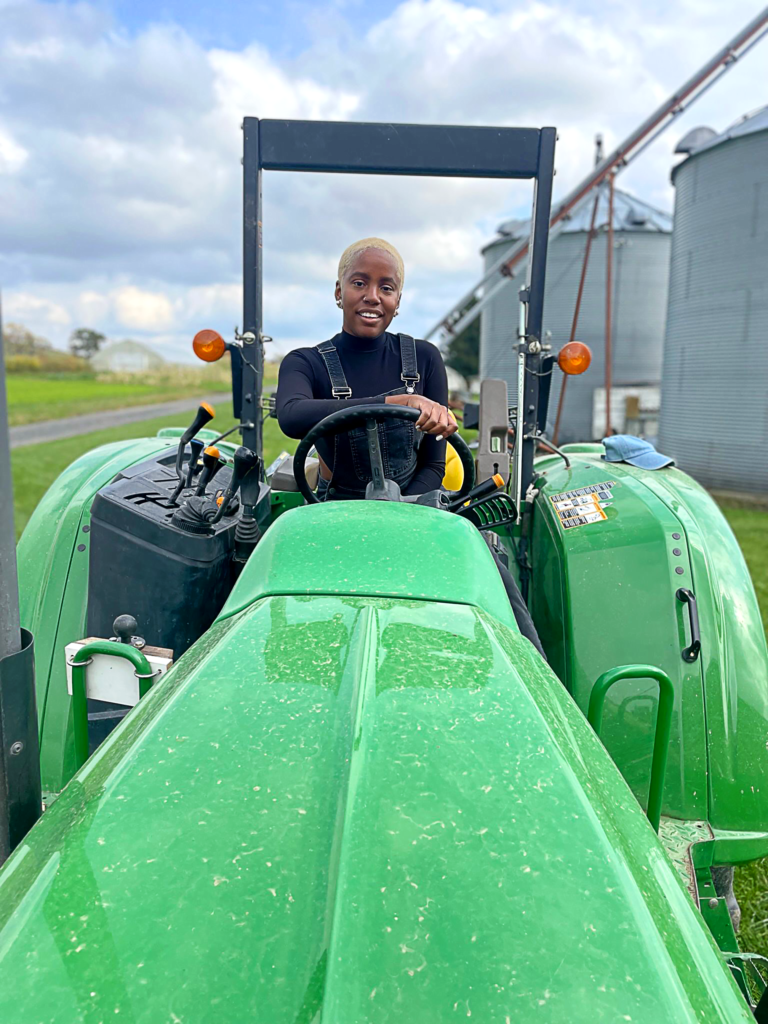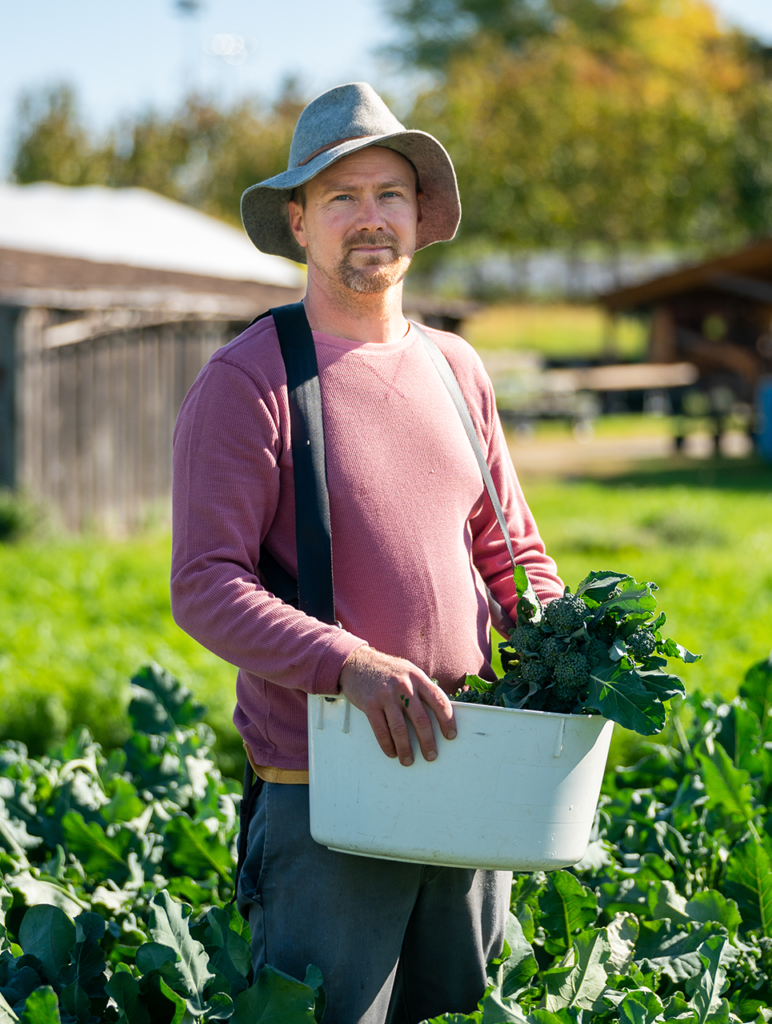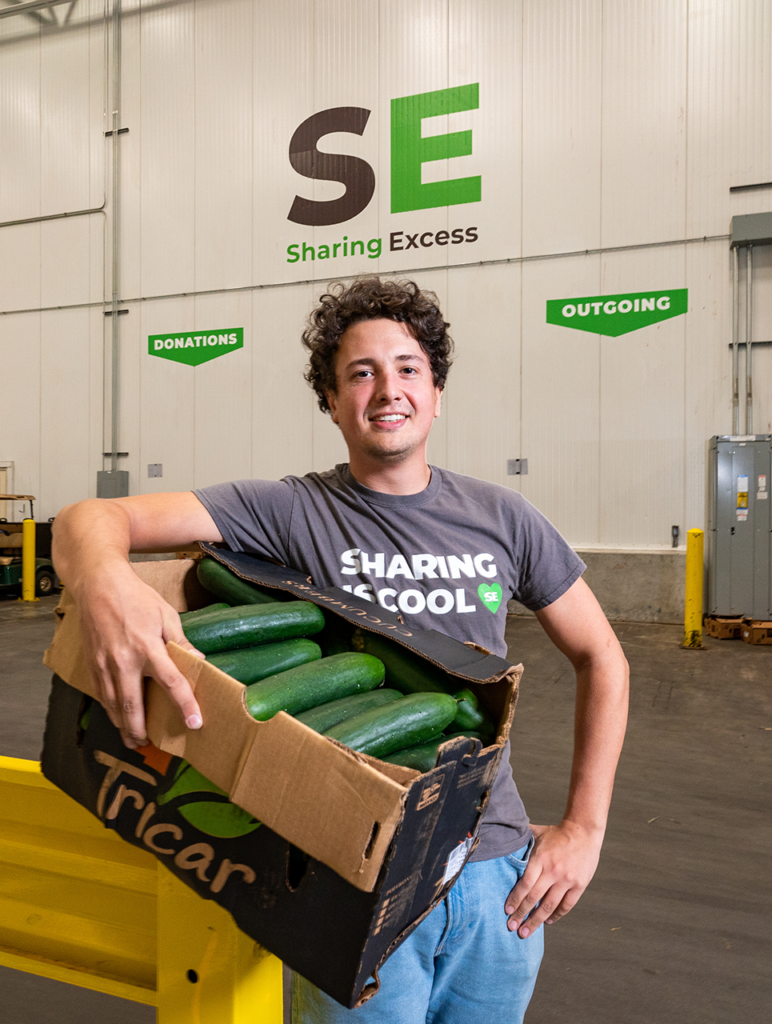Enter through the gilded green gates of The Woodlands Cemetery in West Philadelphia, take the road through to the right passing the grave markers and mausoleums, and you’ll find new life growing on a verdant stretch of grass just past the stand of plane trees. This is where the Philadelphia Orchard Project (POP) has been headquartered for three years, growing everything from corn and Asian pears to pawpaws.
A small operation run by a dedicated team of volunteers and orchard hands, this nonprofit organization has installed and maintained 66 orchards throughout Philadelphia in addition to The Woodlands orchard, providing residents with locally grown fruits and vegetables. More importantly, POP’s mission is to generate food autonomy for communities often denied access to healthy, green dietary options.
Founded by Paul Glover in 2007, POP initially established small, community-organized orchards in vacant lots to strengthen residents’ connection to the land as well as provide a sustainable means of acquiring inexpensive food. POP also trains residents on how to tend and grow their orchards to produce high-quality harvests. “We strongly believe that everyone has something to teach and something to learn,” says POP co-executive director Phil Forsyth. “We created a POPHarvestEd program a few years back, which brings in community educators, from our orchard partners and beyond, to share their knowledge.”
In addition to the planting and weeding, some of the educational programs cover how to make use of the harvest. Sharing knowledge and thinking about the indigenous people who lived here before European colonization is core to POP’s mission. “This land was so drastically changed, but they ate and cared for so many different types of food plants that the colonizers didn’t recognize as food,” says POP co-ED Kim Jordan. “Trying to highlight some of those indigenous practices and other cultural uses of things that people might not be familiar with is really important.” With many of POP’s orchards located in predominantly Black and Brown neighborhoods, POP aids these community members in reclaiming stewardship of their food, all while exhibiting the benefit of easy-to-access food plants that anyone can grow anywhere.
Forsyth identifies an issue greater than accessibility or lack of gardening know-how: City neglect and development.
“The other big challenge with accessibility stems from development and gentrification impacts, and the shortcomings of the [Philadelphia] Land Bank as a means to protect and make possible community use of land,” Forsyth explains. “Hundreds of community gardens have been lost in recent decades and many more are at risk. It becomes more daunting for residents to invest their time and energy in caring for land in their neighborhood when they know it can be lost to development with little notice or transparency about the process.”
POP makes sure their orchards are filled with perennials, are manageable even for novice gardeners and can be found locally. By keeping the work simple — labor-intensive and rigorous, for sure — POP is able to emphasize the message that anyone should be able to plant an orchard and provide fresh food for their community. “We’ve become very disconnected from where our food comes from,” says Jordan. “If you’re taking part in growing food for your community, it can be really powerful and empowering to be able to do that.”
